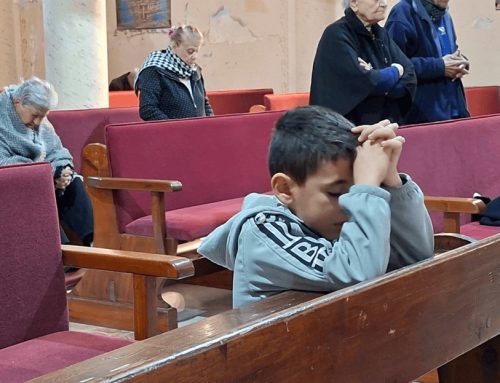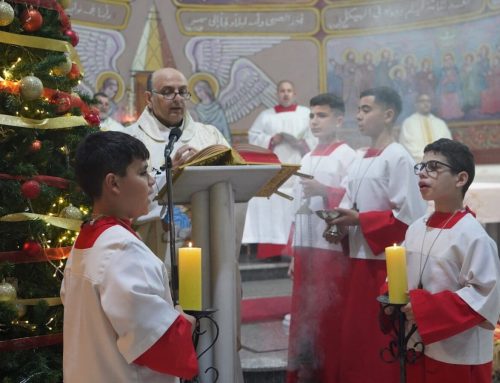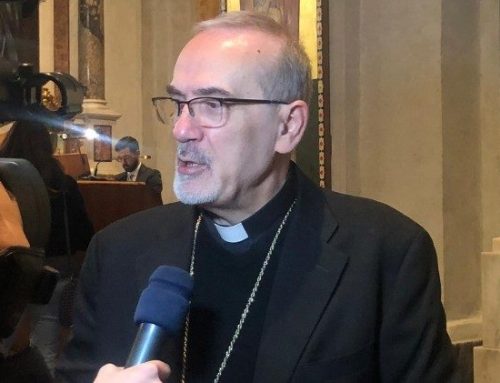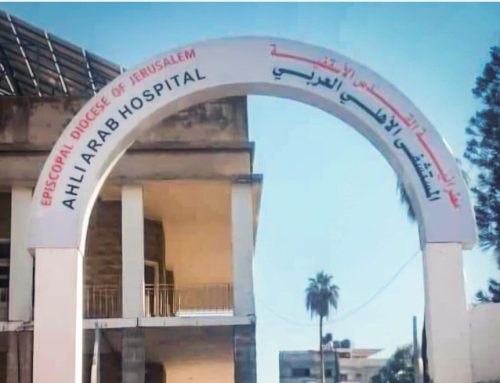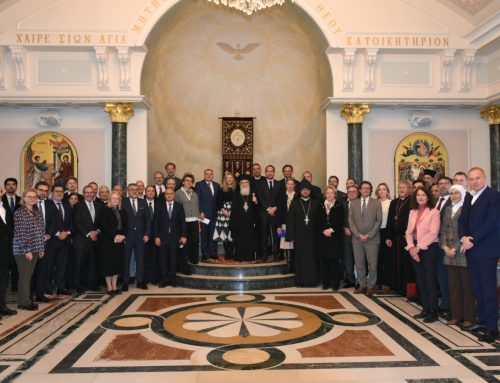
“Welcoming the Other” was the theme chosen by the Ninth World Assembly of Religions for Peace, which works in meetings between religions and aims at collaborating with civil society in the goal of peace, solidarity, co-existence and to promote better mutual understanding.
Leaders or representatives of traditional historical religions, and all religions of the world, have attempted to address the problem of rising hostility towards “the other”. A real challenge in a world where, because of the process of migration and globalization, different nations, different cultures, modes of belief, and social customs come face to face.
During the two days of the Assembly, chaired by Nassir Abdulaziz al-Nasser, UN High Representative for the Alliance of Civilizations, participants sought to discover ways which could help religious communities “give welcome to the ‘other’”, to robustly advance human dignity, and, in a deeper understanding of citizenship, the right to belong. “Each of our various religious traditions calls on the person of faith to welcome the other”, said Dr. William Vendley, Secretary General of Religions for Peace.
As a testimony of this diversity, the participants are part of a network consisting of 90 Councils and Interreligious National Groups, five Regional Councils, a World Council and Networks of religious youth. Delegates to the Assembly represent the following religions: Bahai, Buddhist, Christian, Hindu, Indigenous, Janinist, Jewish, Muslim, Shintoist, Sikh, as well as followers of Zoroastrism.
According to Dr. William Vendley, “This meeting is an opportunity for different religious communities. working together. to face the rising social hostility towards the ‘Other’, a hostility that obviously results from intolerance and violence. Fr. Bernt Besch stressed, having participated at the meeting, that “all religious leaders consider that violence, war and terrorism are to be rejected” and that “changes of mentality pass through education at home, church, mosque, synagogue and in any other place of worship.”
That is why participants discussed together the four main topics: prevention of conflicts, justice and harmony between societies, human development, which respects the land, and also religious education and interreligious dialogue. In a joint statement, the Ninth World Assembly of Religions for Peace in Vienna gave a new direction for a lasting peace of religions in the years ahead. While previous world Assemblies highlighted positive components of peace, common threats against peace and multi-religious consensus in favour of peace, members of this Assembly pledged to work together, based on shared values which underline the importance of the slogan “Welcoming the Other”, the heart of the multi-religious vision of peace.
This Assembly was also an opportunity for religious representatives from Syria (Moslems and Christians) to launch an appeal for the release of two Syrian bishops kidnapped in their own country: His Excellency, Paul Yazigi, Greek Orthodox Metropolitan of Aleppo and Alexandria, and His Excellency Gregorios Yohanna Ibrahim, Syrian Orthodox Archbishop of Aleppo.
The delegates of various denominations around the world have also renewed their prayers for all those who suffer in Syria.
On the day following the Assembly, religious leaders throughout the Middle East, North Africa (MENA) met again in Vienna to discuss matters relating to religious liberty, citizenship, and protection of vulnerable populations. They called on all believers to stand as a united force so that governments would respect the rights of all, serve all and protect all citizens without exception.
By: Christophe Lafontaine

